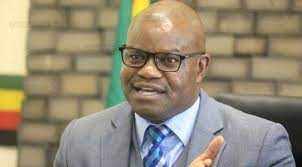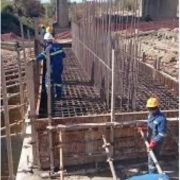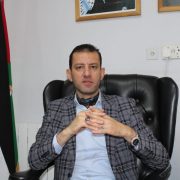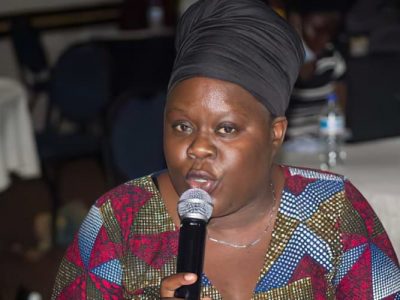Information, Publicity, and Broadcasting Permanent Secretary Nick Mang inwana reaffirmed the government’s commitment to liberalize the media space by licensing more community radio stations and to ensuring those who are already licensed go on air with the Second Republic strategic thrust to expand the information discourse.
The licensed community media include Radio BuKalanga (Bulilima), Matobo Community Radio Trust (covering Maphisa, Mangwe, and Brunapeg), and Twasumbuka Community Radio Trust (covering Binga, Kamativi, Siabuwa).
Other radio stations already licensed from the Matabeleland region include Mbembesi Development Trust, trading as Ingqanga FM, Ntepe-Manama Community Radio Trust, Lotsha FM (Beitbridge), and Lyeja- Nyayi Development Trust (Hwange). In the first phase of the licensing of community radio stations, the Government sought to provide marginalized communities a voice as most of them had no access to local stations.
Speaking during a tour of Xhosa radio station, Ingqanga FM building in Mbembesi yesterday, to assess progress, Mr Mangwana said the Government is satisfied with the operations of the community radio stations which are already on air.
“We started the community radio stations as a pilot project to see how it works focusing on the language communities. But now, we are going to roll out in other formerly marginalized communities. For example, we can say in Mbire, the language is not one of the official languages so we will have a community radio station there,” he said.
“We don’t have a community radio station in Gokwe, and therefore, we are going to have community radio stations as a driver to development.”
The Second Republic through the Broadcasting Authority of Zimbabwe (BAZ) licensed 14 community radio stations, seven of them in the Matabeleland region as part of its efforts to give a voice to marginalized communities.
Mr Mangwana said it is important for communities to be part of the national development processes with radio being an effective platform.
“The only way to do that is to communicate and give information to the people and the only platform to do that is a radio station. As you know, radio, unlike a newspaper, can be listened to by many people at once,” he said.
“One can listen to radio while working in the field, or while doing other chores. It does not hinder you from carrying on with your other functions. That is why we believe that a radio station is the best platform for news and updates”.
Chief Ndondo, who is part of Xhosa community leadership, said they have been given up to March 15 to put their house in order and ensure that they start broadcasting.
“We were discussing the progress on Ingqanga FM. What I can say is that we now have premises for the studio and what we need to do are the renovations. We are hoping that once funds are availed we will start the renovations. The Permanent Secretary gave us up to March 15, for us to have completed the whole process”, he said.
The radio station will also accommodate the Ndebele communities surrounding the area and will be critical in the preservation of Xhosa culture.
“We also conduct unique weddings in our unique way where we sing our songs as opposed to what we see in other cultures where they play music on the radio. Having our language broadcast is important in the preservation of our identity”, he said.
The teaching of indigenous languages is part of the government policy. One of Ngqanga FM employees, Ms Thandiwe Dlamini, said the community would advance the community’s development issues.
“This program is going to help us uplift our community as the Xhosa community. Some people look down upon us as a minority group. And we expect that the radio will uplift us,” said Ms Dlamini.
The community is going to develop and even the youths would come and volunteer here. We sometimes experience challenges including losing livestock, but these issues are never told because we don’t have a voice of our own.







Comments